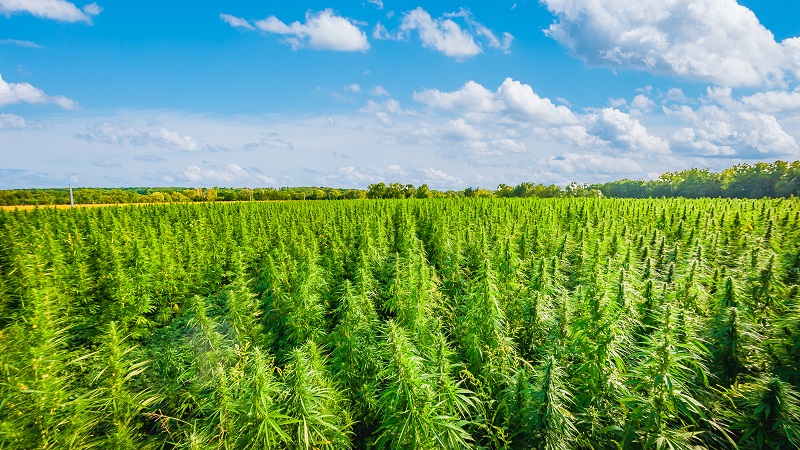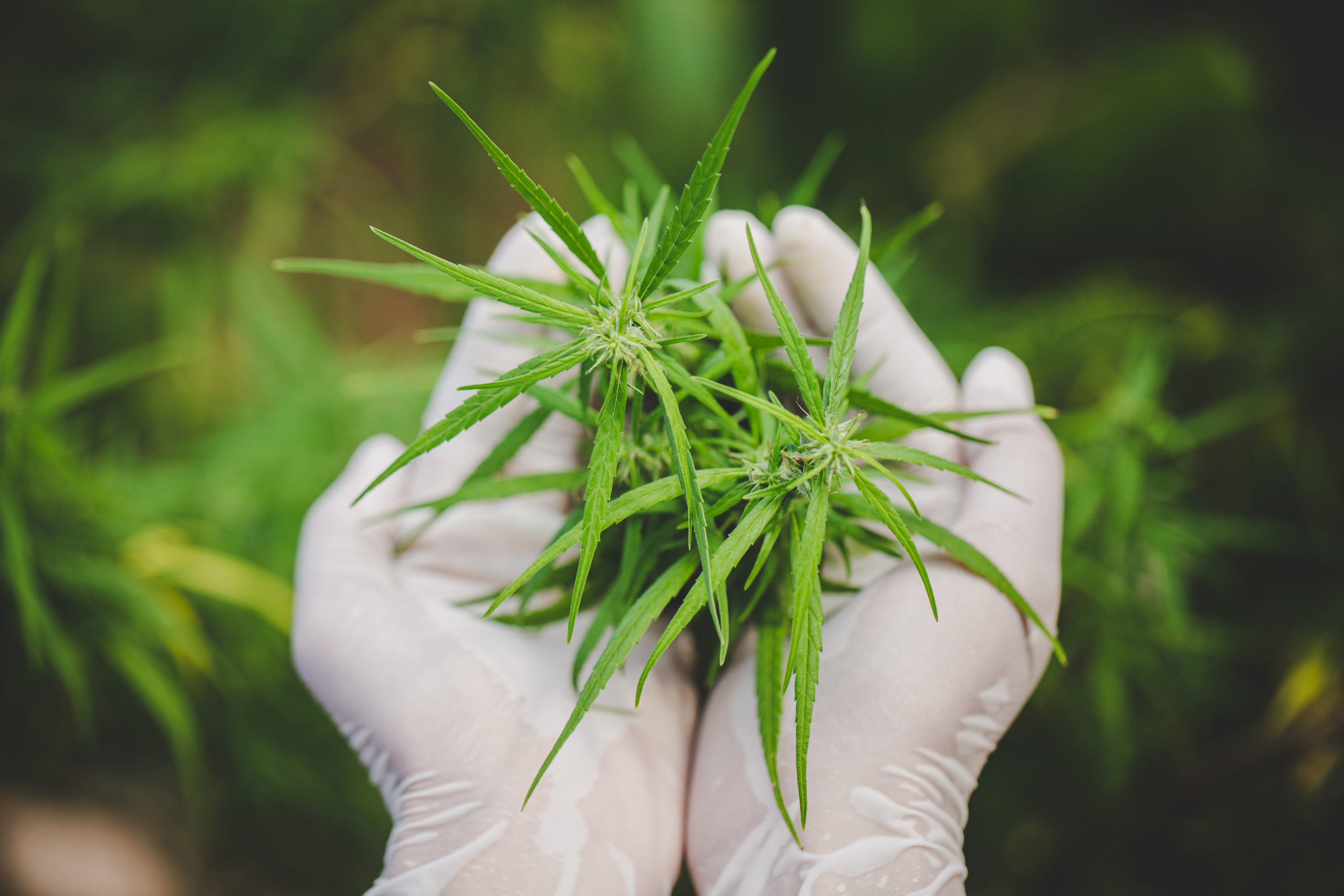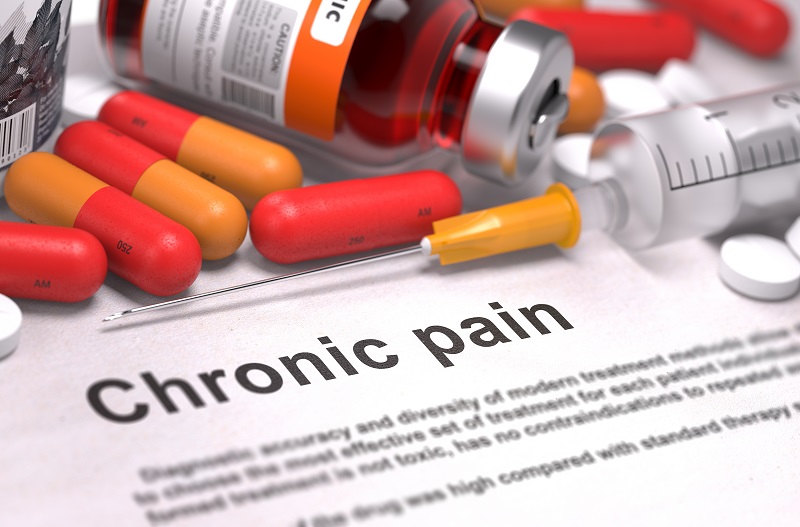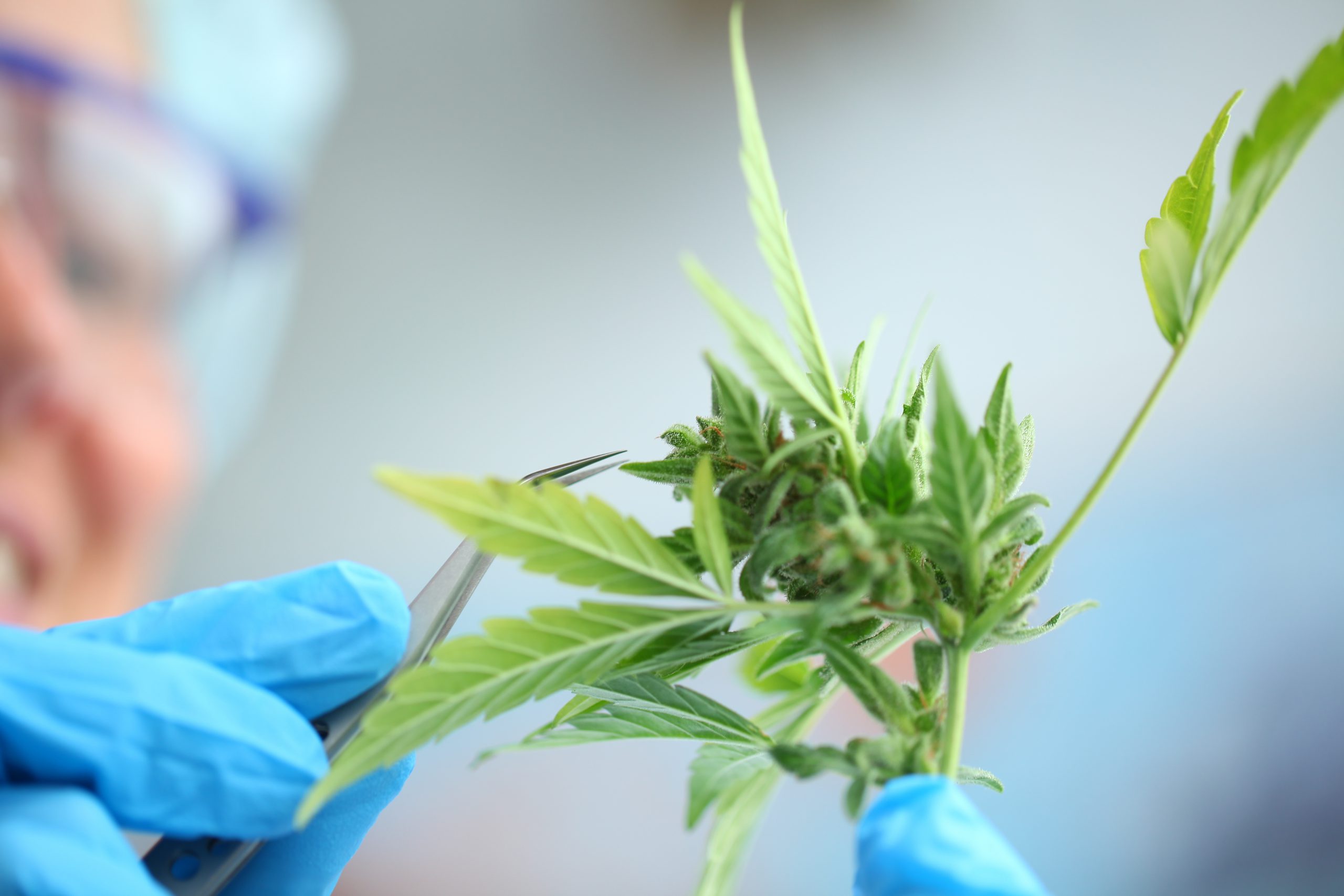A Single Dose of Cannabidiol Reduces Blood Pressure in Healthy Volunteers in A Randomized Crossover Study
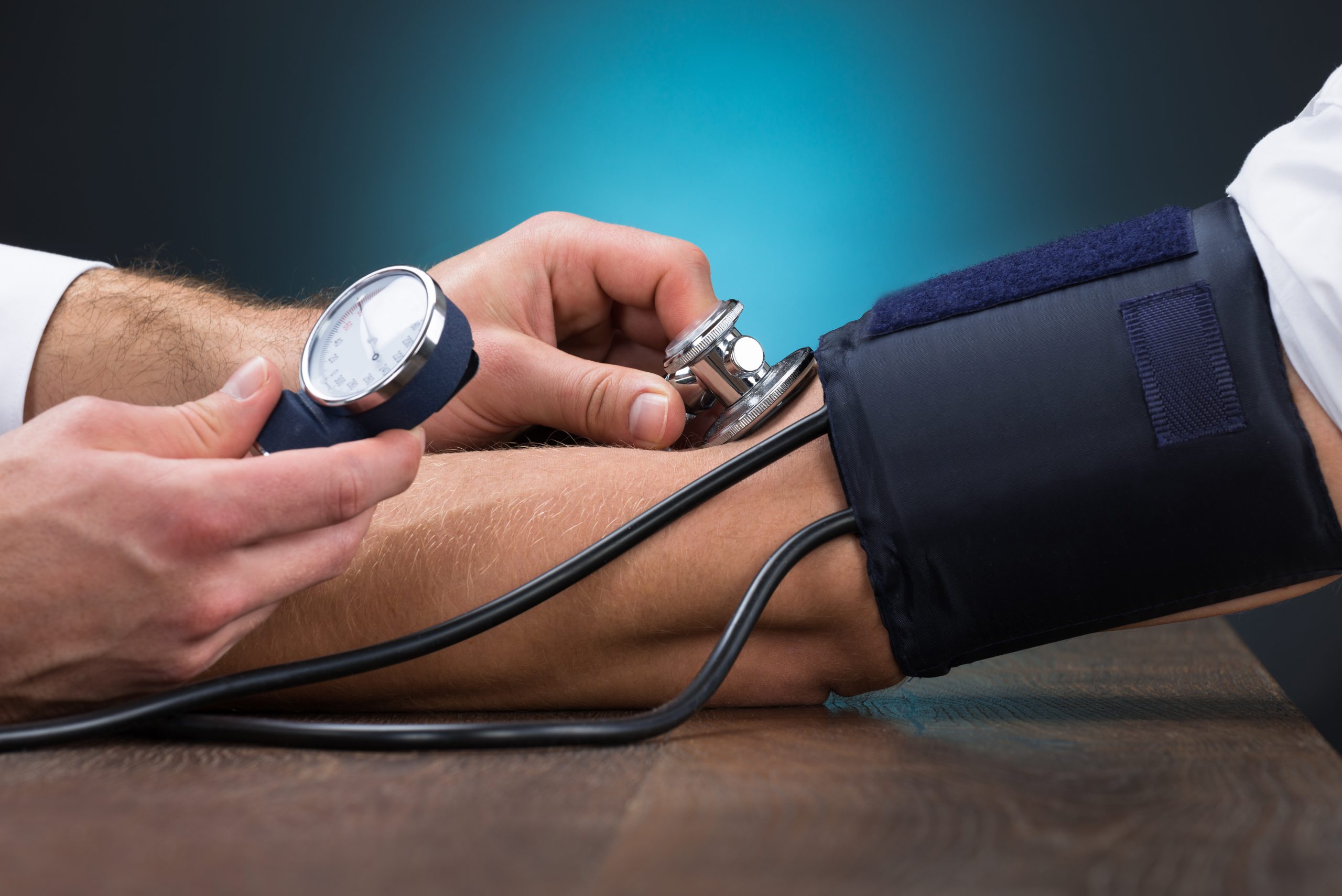
High blood pressure or hypertension is known to affect one in every three adults (about 33 percent of the adult population over the age of 20). These numbers tend to rise twofold to 66 percent for adults that have attained their mid-60s or are older. Millions of people are suffering from the issue in the US alone.
High blood pressure or hypertension is a dynamic, measurable vital sign that’s observable in almost all humans. The measure shows the amount of pressure that’s being applied to maintain the blood flow through the body’s vein network of a person. It is interesting to note that your blood pressure level fluctuates as you go through your day based on all the physical, emotional, and environmental stimuli you receive.
Epidemiological studies and tests have revealed a positive correlation between the presence of long-term stress and the chances of suffering from cardiovascular disease. Several factors like low socioeconomic status, social isolation, depression, stressful familial relations, hectic employed life, and anxiety are closely linked to a greater risk of the occurrence and faster progression of cardiovascular disease. Guidelines laid down to prevent cardiovascular disease have stressed upon the significance and urgency of combating all these factors. It is seen that increase in mental stress leads to myocardial ischemia in people with coronary artery disease. Also, this seems to be accelerated by the adrenal secretion of catecholamines.
It’s true that your blood pressure keeps changing, but there’s a normal range within which it can rise and fall. Here’s a quick view of the range:
| Category | Systolic Pressure (Upper Number) | Diastolic Pressure (Lower Number) |
| Normal | Less than 120 | Less than 80 |
| Elevated | 120 to 129 | Less than 80 |
| Hypertension Stage 1 | 130 to 139 | 80 to 89 |
| Hypertension Stage 2 | 140 or more | 90 or more |
| Hypertension Stage 3 | More than 180 | More than 120 |
Approximately a third of adults in the United States see their blood pressure rise significantly above the normal range. It’s hard to believe, but hypertension contributes to over 4,00,000 deaths in a year. It’s a long-term, high-risk, health condition that engulfs millions of people on a global scale. It’s no less than a vicious trend that’s rising with no sign of slowing down. As such, people have started to consider alternative remedies and treatments that may provide them relief for some symptoms linked to high blood pressure. Many of them are doing away with medications and pharmaceuticals to adopt natural approaches, one of them being the consumption of cannabidiol (CBD).
The use of CBD in the treatment of high blood pressure
It’s true that the United States has a booming CBD market. You can find a range of CBD-infused products, such as facial serums, facial creams, or glow oils. But, the use of the compound in treating hypertension is something that researchers around the globe are trying to emphasize in the present era.
A study conducted by researchers of the Universities of Oxford and Nottingham, United Kingdom, and Royal Derby Hospital Centre, Derby, United Kingdom, had something interesting to show. In the study, nine healthy male volunteers were given six hundred milligrams of CBD or placebo in a double-blind, placebo-controlled, randomized, crossover study. The cardiovascular parameters of all the volunteers were monitored with a laser Doppler and a finometer. CBD is essentially a non-psychoactive phytocannabinoid that is used in the treatment of intractable epilepsies and multiple sclerosis. Some preclinical studies reveal that CBD provides many cardiovascular benefits, even a significant reduction in blood pressure response to stress.
Cannabinoids (CBs) are fundamentally compounds that bind to CB receptors. These compounds include endocannabinoids, which are endogenously released compounds, synthetic compounds, as well as phytocannabinoids derived from the plant, cannabis sativa. Experts have found more than eighty types of phytocannabinoids. Out of all, the most widely studied is tetrahydrocannabinol (THC), which is has psychoactive properties (capable of producing “high” effects) of cannabis.
The other phytocannabinoid is cannabidiol (CBD), which is non-psychoactive. The compound is presently the focus of many studies due to its potential to provide therapeutic benefits. In fact, it is seen to have anticonvulsant, anti-inflammatory, antioxidant, anti-nausea, antipsychotic, and anxiolytic properties.
CBD is seen to have many positive effects on people’s cardiovascular systems. It reduces high glucose-induced pro-inflammatory fluctuations in coronary artery endothelial cells and myocardial dysfunction that is linked to some animal models of diabetic conditions. Moreover, the compound is seen to preserve the integrity of endothelial cells in retinal microvasculature in diabetic patients.
Administration of CBD in living organisms prior to cardiac ischemia and reperfusion also attenuates ventricular arrhythmias as well as the size of the infarct. Also, CBD is seen to lead to both acute and time-dependent vaso-relaxation in individual arteries in both humans and rats. Animal studies also show that the compound regulates the cardiovascular response to stress.
However, cannabidiol does not work in just one way to potentially lower high blood pressure. It has a couple of functions in the body that are linked directly to the reduction in people’s blood pressure levels. Firstly, some factors that are seen to cause high blood pressure include anxiety, stress, lack of sleep, and mild to chronic fatigue. A few studies show that CBD can help people manage and reduce the symptoms of hypertension caused by these factors. Increasing mental focus and clarity, lowering anxiety levels, and aiding to lower stress levels could also potentially help with modulating blood pressure levels in people to a noticeable degree.
CBD is seen to create calming effects in people who consume it. When you are able to relax your mind and body and feel calm, it’s natural for your blood pressure to decrease eventually and your heart rate to slow down accordingly. CBD is seen to act as a natural vasodilator, which causes blood to flow easily throughout your body by widening or dilating your blood vessels. As such, it can greatly improve your heart health. Since high blood pressure is associated with damage to the heart and its arteries, CBD is seen to act as a natural medicine that allows your blood to flow easily and smoothly.
Lastly, cannabidiol has proven to be rich in health-boosting anti-inflammatory properties. Inflammation can lead to high blood pressure or vice versa. So, something that fights inflammation is wondrous to use as a medicine. Also, there are pain relief sprays, pain relief roll-ons, recovery lotions, body oils and a host of other CBD-based topical creams that can relieve your pain in specific areas. You can even use a CBD oil tincture or any other form of CBD edible that provides body relief.
CBD and stress-related blood pressure changes
A Brazilian study conducted in 2019 viewed multiple CBD dosages and the effect it had on the anxiety and stress level that people had during public speaking. The anxiety-reducing properties of CBD are known widely. The aim of this study was to look into whether low doses (150 mg), medium doses (300 mg), and high doses (600 mg) of CBD would reap researchers the desired effects.
Because the intensity of anxiety can be measured by observing some key signs such as heart rate and blood pressure, the study offers an insight into the effect that CBD had on people’s blood pressure levels. The data derived from this study revealed that the low CBD, high CBD, and placebo groups had similar reactions to the anxiety-inducing public-speaking exercise. By contrast, the group that got a medium dose of CBD experienced a noticeably lowered response to this stress-inducing environmental factor.
It can be said that overall there is an optimal dosage likely meant for controlling anxiety, stress, and blood pressure. It’s notable that CBD is also subject to the economic law of diminishing returns; an increase in the CBD dose leads to desired results only to a certain level.
Why CBD oil proves beneficial?
The best part about consuming CBD oil for treating high blood pressure is that you are also ingesting the compound to get all the other benefits that it can possibly provide. Consuming CBD oil tinctures sublingually to absorb the maximum level of cannabidiol (bioavailability) means the compound works the quickest and most likely for the longest period of time. Many people report that they have got quick relief from depression, chronic pain, and many other ailments.
When you consume CBD, particularly for treating blood pressure, you are most likely to experience the overall wellness the compound promotes by modulating your body’s endocannabinoid system. The compound doesn’t only help in reducing the symptoms that most likely cause high blood pressure; it can also lower it too – with just a single dose.
Potential concerns
While most of these CBD studies reveal that CBD has an optimistic future, it’s also essential to know the various risks involved in consuming any naturally occurring chemical compound. There’s a lack of conclusive proof to show that CBD proves as an effective treatment option for any health condition besides those the FDA has approved. Most of the evidence has been collected either through healthy human volunteers or animal studies.
However, both types of evidence imply that we may see varied results in an ailing human study subject. Combining CBD with any other hypertension medication is the most significant potential concern if you intend to use CBD for lowering or controlling your blood pressure. If you are already on medication to combat high blood pressure, combining it with CBD can cause your blood pressure to fall too much. You should know that very low blood pressure is just as lethal as very high blood pressure. As such, you should consult your doctor before combining CBD with the medication that you are already taking at present. Your physician may lower the strength of the dosage of the blood pressure medication you are taking before letting you incorporate CBD oil or CBD-based medication into your routine.
Before incorporating CBD products into your daily life, you should also know the legal atmosphere well. CBD products derived from hemp that have less than 0.3 percent of THC are legalized in many states of the United States. However, they are still illegal in some states. On the other hand, CBD products derived from marijuana are illegal as per federal law, but some state laws consider them legal under state laws. As such, you should check the laws of the state you reside in. You should also keep in mind that non-prescription CBD products are not approved by the FDA and may bear an inaccurate label.
Natural remedies
Besides, you should know that CBD is not just an all-time cure for your high blood pressure problem. On the contrary, it’s simply a tool that you can in tandem with other aids to help reduce your blood pressure on a consistent basis. There are, however, several other natural and healthy treatment options currently available to treat blood pressure issues. For safely managing high blood pressure, your best option would be to make some healthy lifestyle changes.
You can safely control hypertension by lowering your daily stress levels, engaging in daily physical activities, balancing your diet, and quitting or at least reducing your consumption of tobacco and alcohol. You should use CBD oil by following up with a healthy lifestyle change.
Bottom line
According to the World Health Organization (WHO), CBD “is generally well tolerated with a good safety profile.” Albeit the prescription medications presently available to you for treating hypertension have proven highly effective, you can most likely experience some side effects in the long run. This can make the entire treatment process quite an undesirable experience for you.
On the other hand, cannabidiol (CBD) is a natural, much safer alternative as compared to prescription medications because it has zero to minor side effects. But you should always be sure of the quality of the CBD product you are buying for the purpose. When buying CBD products from one of the many online stores, you should definitely perform some research. Check out the product reviews on the site so that you get some first-hand information. When buying CBD products from a dispensary or physical store, you should check whether the store is licensed by the government to sell CBD products.
One extremely crucial thing to check in CBD products is their certification codes. Many certification authorities tend to approve certain CBD products only after performing thorough tests. So, you should compare the seller’s claims with that of the third-party laboratories.
More articles:


